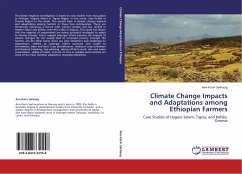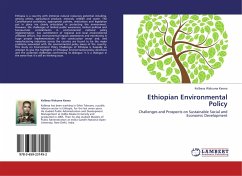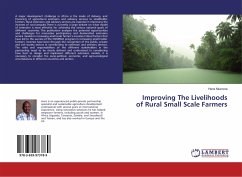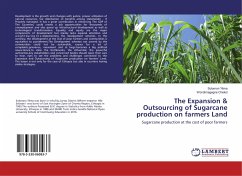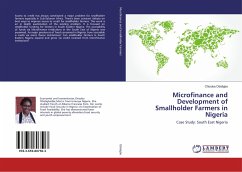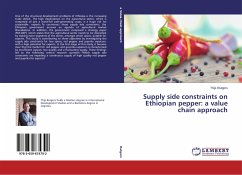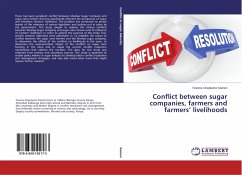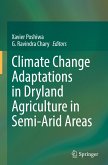This thesis' empirical investigation is based on case studies from two places in Ethiopia; Hagere Selam in Tigray Region in the north, and Kofele in Oromia Region in the south. The overall topic is climate change impacts and adaptations among farmers in these two communities. There are tendencies indicating a future with warmer climate and less rainfall in Hagere Selam and Kofele, even this is also in dispute. This study has shown that the majority of respondents are doing successful strategies to adapt to climate change. This is argued amongst others because the impacts of climate changes do not usually lead to increased poverty amongst the farmers. On the other hand, there are clear limitations and challenges to adaptations, related to amongst others economy and access to information, labor and land. Crop diversification, mixing of crop cultivation and livestock breeding, tree planting, taking off-farm work, soil- and water conservation, selling of assets, and use of new or suitable seed varieties are some of the most common adaptation strategies identified.
Bitte wählen Sie Ihr Anliegen aus.
Rechnungen
Retourenschein anfordern
Bestellstatus
Storno

